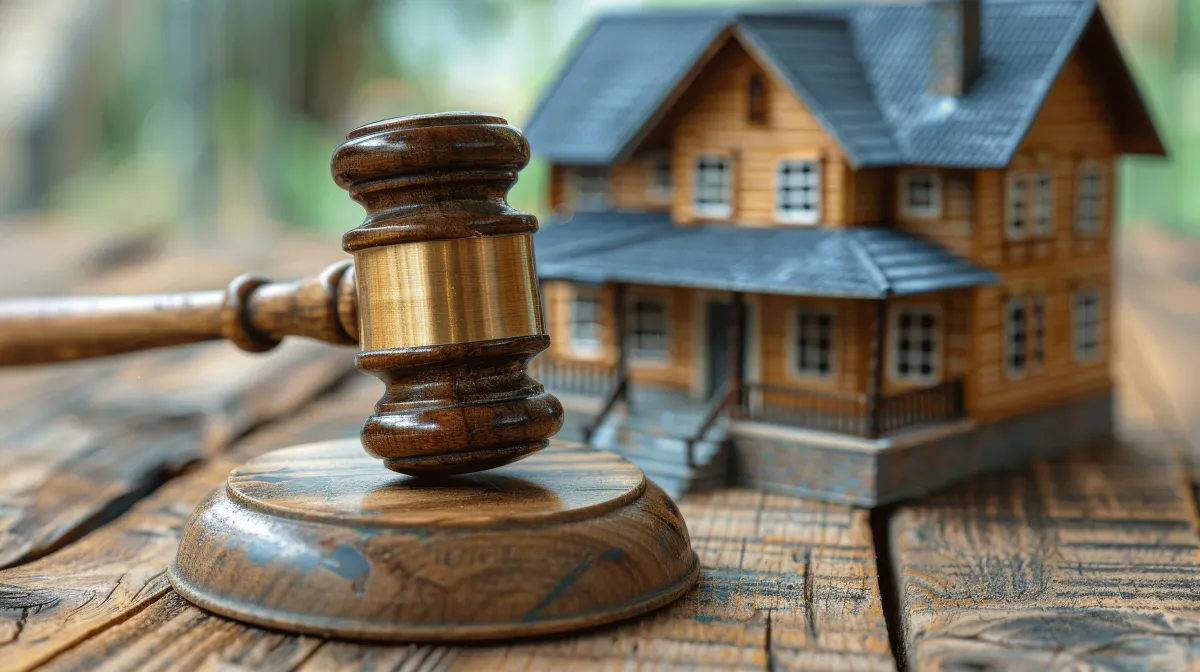OUR BLOG

Must Sellers Disclose Cannabis That Was Cultivated In Their Home

Cannabis legalization presents home sellers with a problem; must they tell buyers that their home was used to grow cannabis in any amount? The stigma of cannabis cultivation or even consumption in a home is not an idle question. Forty-eight percent of Canadians in a survey on this issue would reconsider buying a home if they learned the owner grew even a small amount of legal cannabis there. Thirty-nine percent of those surveyed think even increased cannabis consumption in a home lowers its value.
Types of cannabis cultivation
Individuals can grow four legally acquired cannabis plants in their house. Housing experts believe growing only four plants does not pose a risk of damaging the house if there is adequate ventilation for the plants and proper wiring for any extra lighting installed to help the plants grow.
“Grow-ops", when a house is massively retro-fitted to cultivate hundreds of plants, remain illegal. These damage houses because of the large amount of moisture and mold in the air, behind the walls, and in the floors. Some grow-op operators damage the house by installing hazardous electrical wiring or cutting holes in ceilings for additional lighting.
Must sellers advise buyers their house has been used for cannabis cultivation?
Under current Ontario law, sellers need not disclose the personal history of their house to buyers. This is true even if the house carries a psychological stigma – a ‘non-physical attribute that could trigger a negative emotional response for potential buyers.’ A house repaired after being a grow-op likely falls into this category. The courts have upheld the seller’s right not to disclose an identified stigma to prospective buyers.
However, the seller must disclose any latent physical defects in the house that could make it unsafe for a buyer if the seller knows of them. Sellers should consult their real estate lawyer and real estate sales representative when deciding whether to disclose a house’s use for cannabis cultivation to buyers. The decision rests on the individual circumstances.
Must Realtors Advise Buyers a House They Represent Has Been Used for Cannabis Cultivation?
Sellers can direct their salesperson not to disclose the house’s history of cannabis cultivation to buyers. The Real Estate Council of Ontario’s code of conduct states realtors in Ontario cannot be untruthful if a buyer asks them a direct question about a property. They can decline to answer and suggest the buyer investigate the question themselves.
The Ontario Real Estate Association (OREA) is concerned about growing home cannabis cultivation. It is lobbying government in its Protecting Ontario Homes campaign. The OREA wants:
The number of legal cannabis plants reduced to one in apartments and condo units
More home inspectors to be trained
Clearer rules for disclosure of past use of a house for cannabis cultivation
What Should Buyers Do?
Buyers concerned about possible cannabis cultivation in a potential purchase should investigate by:
Having a qualified home inspector thoroughly examine the property for signs of cannabis cultivation
Make the offer of purchase conditional on the house passing this inspection
Talk to neighbors and research the street address
Work with their representative to question the seller and their representative about the house’s history
What Should Sellers Do?
Sellers who want to overcome the stigma and sell their house should answer buyers’ questions about cannabis cultivation there: if it was, how much was grown, and for how long.
The impact of cannabis cultivation on house values will likely increasingly affect buyers, sellers, real estate lawyers and representatives as time goes by. An experienced professional real estate attorney can help buyers and sellers to cope with this new concern in real estate transactions.
Our Office
Filice Law Professional Corporation
71 Wilson Street East
Ancaster, Ontario L9G 2B3
Tel: 905-383-0828
Email: [email protected]
(c) 2024 Filice Law Professional Corporation
Website by Magellan Publishing Inc.


